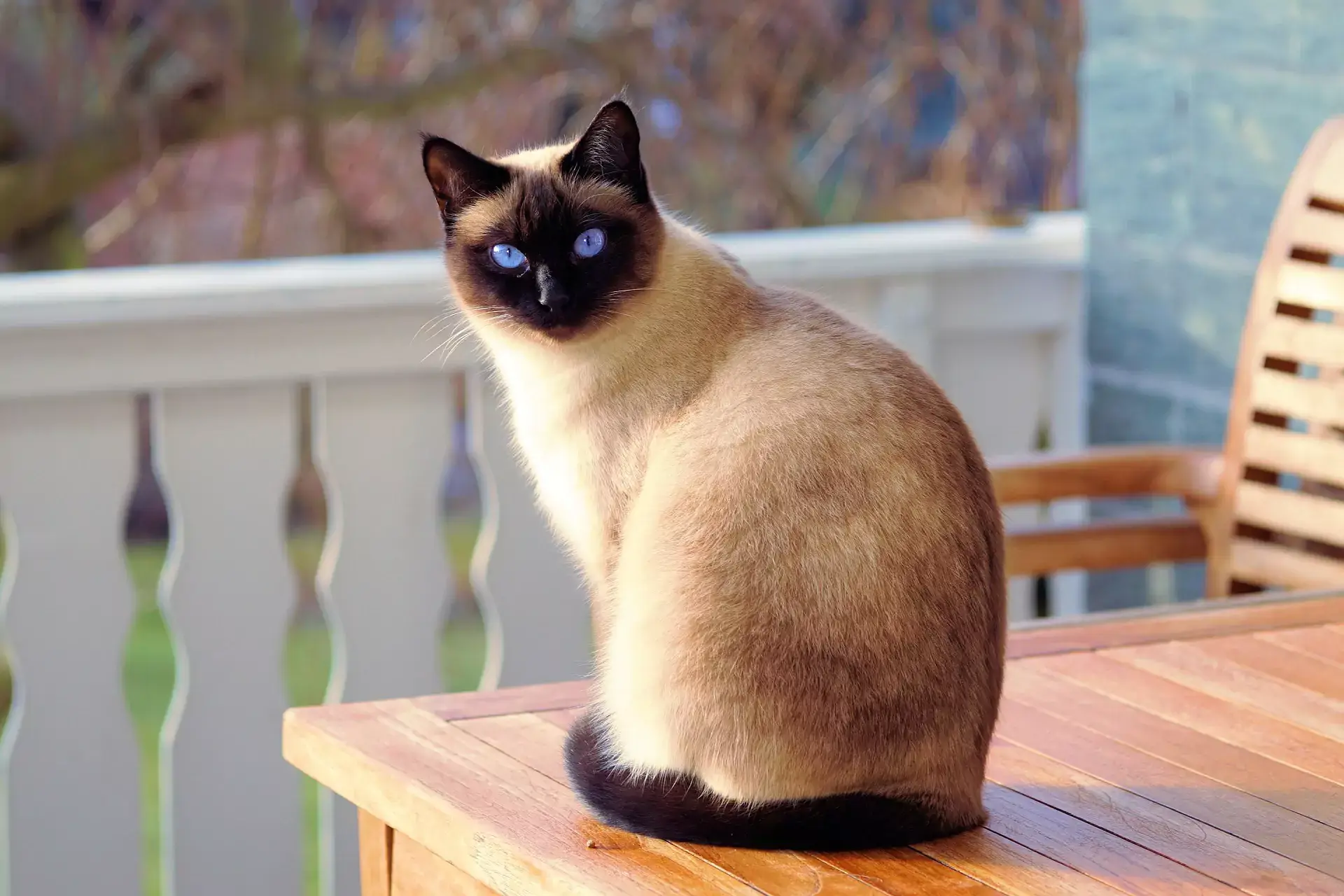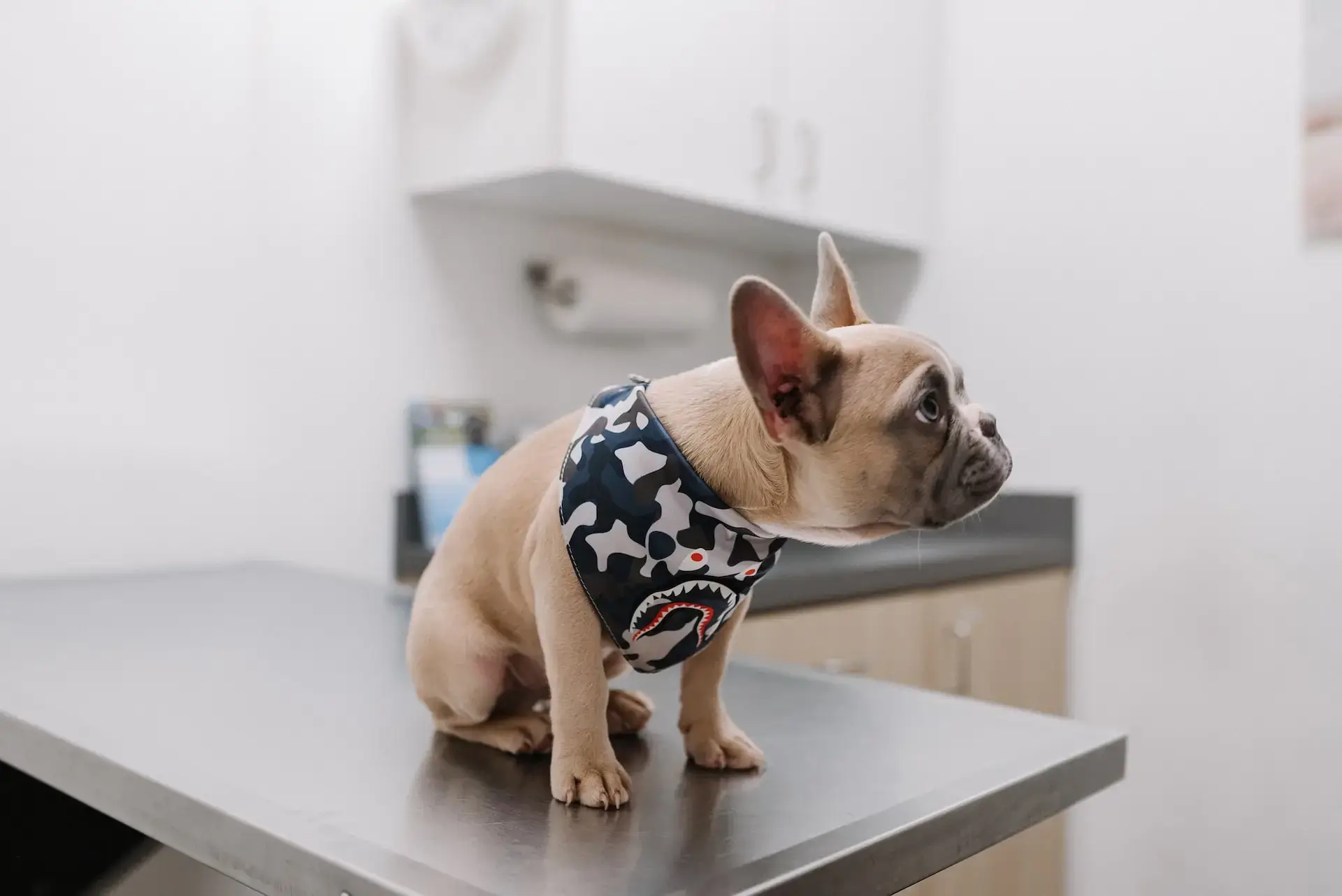Feline Infectious Peritonitis Day

November 18th is National Feline Infectious Peritonitis (FIP) Awareness, Research and Education Day. We know, that’s a bit of a mouthful. It’s also not as fun as Cat World Domination Day or Hug Your Cat Day. However, FIP poses a serious threat to our feline pals, and is definitely something pet owners should be aware of. A Coral Springs, FL vet offers some information on this deadly disease below.
Basics
Feline Infectious Peritonitis (or FIP, for short) is a progressive disease that’s closely linked to feline coronavirus. Most of the time feline coronavirus will often only cause mild and temporary symptoms, such as a runny nose and watery eyes. However, about ten percent of cases lead to the development of FIP. It’s worth noting that this may not happen for months or even years after a cat has contracted coronavirus.
Risk Factors
The underlying risk here is that of feline coronavirus, which can be transmitted through close contact. It is most often spread in places where many cats interact with each other, such as shelters, catteries, and feral cat colonies. Any kitty that has had feline coronavirus can potentially develop FIP, but it’s most common in younger cats. About 70 percent of known cases are in cats that are less than 18 months old, and about half are in kittens that are under seven months of age. Purebreds, geriatric kitties, and cats with a history of medical issues also have elevated risks.
Symptoms
It’s important to know what to look for. Some of the warning signs include reduced appetite, fever, depression, fever, abdominal bloating, respiratory issues, and weight loss. Contact your vet immediately if you notice any of these things.
Treatment
While there are some promising treatments in development, there is no official cure for FIP. Historically, the disease has nearly always proved fatal: only a small percentage of cats survive. However, there are treatments that can keep cats more comfortable and delay the progression of the disease.
Prevention
The best way to protect your feline pal is to keep her healthy and reduce her risk of getting feline coronavirus. That means providing proper veterinary care, keeping your pet indoors, staying on top of preventative care, and making sure Fluffy has a clean litterbox. It’s also important to avoid overcrowding, especially if you have multiple cats. Ask your vet for more information.Please contact us with questions or concerns about your kitty’s health or care. As your Coral Springs, FL pet clinic, we’re here for you!




